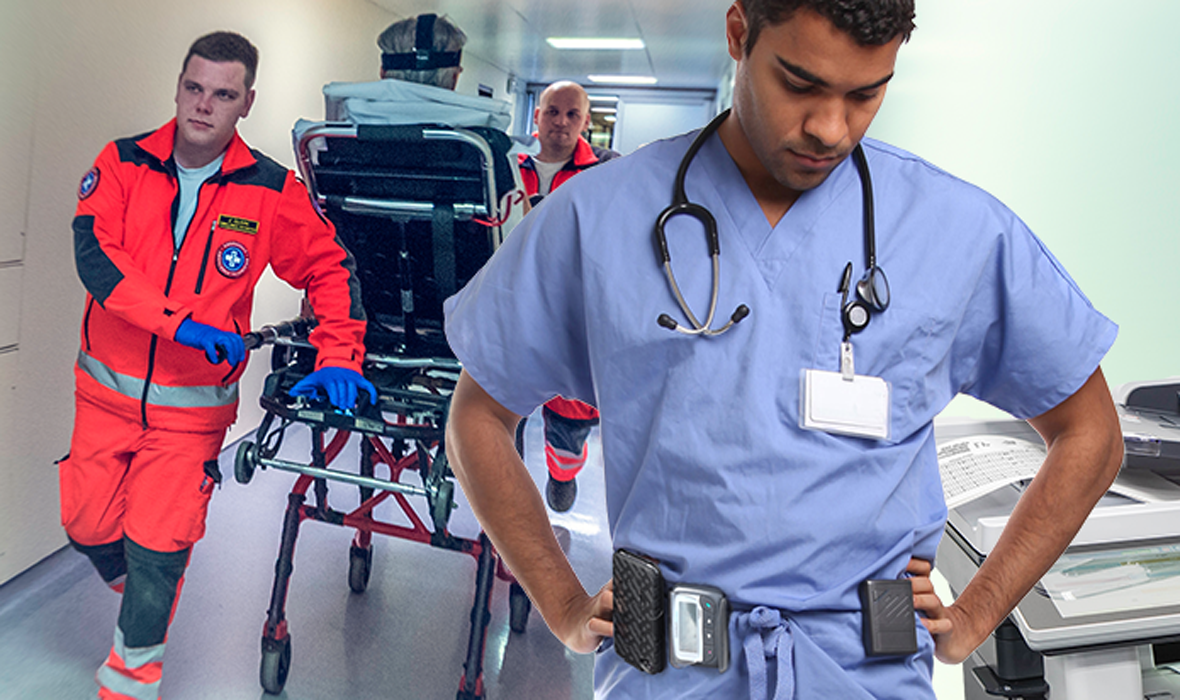Pulsara Around the World - February 2026
January Recap The start of 2026 was on the slow side for our events schedule, with our team heading to the Florida Fire & EMS Conference, the...
1 min read
 Team Pulsara
:
Jul 17, 2018
Team Pulsara
:
Jul 17, 2018

EDITOR'S NOTE: Special thanks to Greg Brown, MN, RN, for writing today's blog post. You can connect with him on LinkedIn.
The longer I've worked in medicine, the more I'm convinced that ED staff, in all areas of function, feel stretched thin. Every day we seem to run short, or have a bursting waiting room, or maybe ancillary staff is out sick. Whatever the root cause, the feeling of constantly having to overcome an issue can burn out even the most grizzled veteran of the ED Thunder-Dome.
But it's tough to change or refine our processes for more efficient ones, because the stress of adapting to chaos on the fly is always present. This reality can make implementing change a very tough proposition for hospital leadership.
It is true that with each new implementation or workflow change, there is often period of lost productivity during the learning phase. This happens because all stakeholders are used to doing their work the way they have always done it, regardless of whether that's the best way ... and old habits die hard. So hard in fact, that some ED clinicians (I'm guilty of this too!) will abandon new practices and revert to their old ways because they know them, trust them, and it can seem they get the job done faster.
But I'm here to tell you, perceived obstacles to our workflows are not a reason to abandon change! Especially if the change we are being asked to make will ultimately be better for our patients. When approached with change, clinicians often ask “How will this affect my workflow?” But we're asking the wrong question. This trap is easy to fall into, and all clinicians I know are guilty of it at some point.
Our job is to provide evidence-based care to our patients. So instead, the question we should always be asking when approached with a change is, “How will this affect my patient?” Leaning into change is not easy, but we must embrace it in order for healthcare to improve.
I urge my fellow clinicians, speak up as an advocate for our patients, not for ourselves. If a new proposed policy, technology, or practice can improve patient outcomes we must give it the ol’ college try. So embrace change, be patient, be positive, and do it for our patients!

January Recap The start of 2026 was on the slow side for our events schedule, with our team heading to the Florida Fire & EMS Conference, the...

Recent research shows how Pulsara was successfully leveraged to connect more than 6,000 COVID-19 patients to monoclonal antibody infusion centers via...

At Pulsara, it's our privilege to help serve the people who serve people, and we're always excited to see what they're up to. From large-scale...